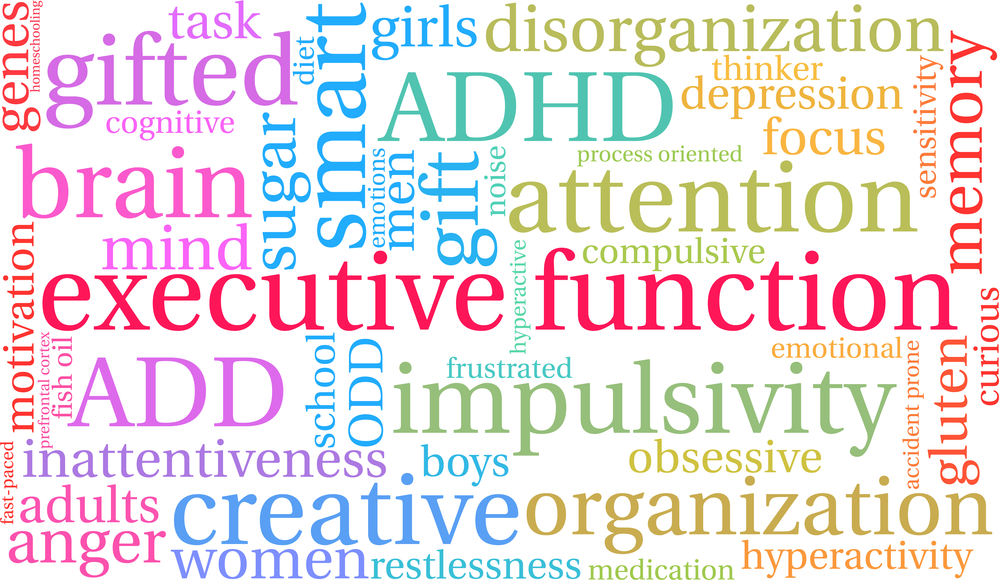The Role of Extracurricular Activities in Homeschooling: Why They’re Important
Extracurricular activities play a vital role in the holistic development of students, offering experiences that extend beyond the classroom. While homeschooling allows for a personalized and flexible approach to education, it's essential not to overlook the importance of these activities. For homeschool students, extracurricular activities are more than just a break from academics — they're an opportunity to develop social skills, discover new passions, and build a well-rounded education. The Benefits of Extracurricular Activities for Homeschool Students Socializing and Networking One of the common concerns about homeschooling is the potential lack of social interaction. Extracurricular activities offer a solution by providing opportunities for homeschool students to meet...
The Importance of Critical Thinking and How to Teach It in Homeschool
Critical thinking is a crucial skill students need to develop in order to navigate the complexities of the modern world. In a homeschool environment, parents have a unique opportunity to foster these skills, creating an educational experience that prepares their children for success both academically and in life. This article will define critical thinking, explore why it is essential, particularly for students, and offer strategies for teaching it effectively in a homeschool setting. What Is Critical Thinking? Critical thinking is the ability to analyze information objectively and make a reasoned judgment. It involves evaluating sources of information, such as data, facts, observable phenomena, and research findings....
National ADHD Awareness Month: Empowering Students With ADHD
October is National ADHD Awareness Month, a time dedicated to raising awareness about attention-deficit/hyperactivity disorder (ADHD) and promoting understanding of the challenges faced by those living with the condition. This month, let’s take a closer look at ADHD, why awareness is essential, the challenges faced by students with ADHD, and strategies to help them thrive in their educational journeys. What Is ADHD? ADHD is a common neurodevelopmental disorder typically diagnosed in childhood and often persisting into adulthood. In the US, an estimated seven million children aged 3-17 have been diagnosed with ADHD. The primary symptoms of ADHD include inattention, hyperactivity, and impulsivity. While often associated with behavioral...
How to Advocate for Yourself as a Homeschool High School Graduate
As a homeschool graduate, you may face challenges when presenting your high school diploma, especially when institutions, employers, or organizations don’t fully understand the legal framework behind homeschooling. Several homeschool graduates have even been told that they needed to get a GED. Getting a GED after you’ve already graduated as a homeschool student can unintentionally suggest that your homeschool diploma is not “enough” or that it lacks legitimacy. In reality, your homeschool diploma already provides the necessary proof of your education, and getting a GED might signal that your education was incomplete—when it wasn’t. Knowing how to advocate for yourself is critical to ensuring your diploma...
National Suicide Prevention Month: Fostering Student Mental Health and Exploring Homeschool as a Safe Haven
September marks National Suicide Prevention Month, a crucial time to raise awareness about the pervasive issue of suicide, particularly among students. Suicide is the third leading cause of death for adolescents aged 15 to 19, highlighting the urgent need for comprehensive strategies to prevent suicidality in schools. This article will explore the state of student mental health, outline effective suicide prevention strategies, and discuss homeschooling as a safe alternative to traditional schooling. Understanding Suicidality in Schools The pressures of academic performance, social dynamics, and personal struggles can create a challenging environment for students. The COVID-19 pandemic has exacerbated these pressures, leading to increased reports of anxiety,...
Fostering Economic Development in Rural Communities
A 2016 study on rural poverty in America found that rural poverty rates exceeded urban poverty rates every year since 1959. Data from 2019 puts the rural poverty rate — across all races and ethnicities — at 15.4%, while urban poverty rates remained lower at 11.9%. Over more than 50 years, the disparity between rural and urban areas in terms of development and opportunities has remained stubbornly pronounced. Addressing this gap is crucial for the sustainable growth of the country as a whole, making economic development in rural communities a matter of national importance. The Importance of Economic Development in Rural Communities Economic development is particularly...
Building Trust Between Communities and Law Enforcement: Strategies for Success
Trust between communities and law enforcement is essential for a safe and harmonious society. However, building and maintaining this trust can be challenging, particularly in the face of historical grievances, discrimination, and systemic issues. Understanding these challenges and implementing effective strategies can pave the way for improved relations. In this article, we’ll explore common obstacles in police-community relations and provide actionable strategies for fostering trust. Common Challenges in Police-Community Relations Challenges that can often make law enforcement and community relations difficult include: Historical grievances and systemic Issues: Many communities, especially marginalized groups, have experienced a history of mistrust and conflict with law enforcement. Incidents of excessive...
Aging Out of Foster Care: Challenges and Resources for Foster Youth
The transition from adolescence to adulthood can be a tumultuous period for anyone, but for those aging out of the foster care system, it often presents a unique set of challenges. Each year, more than 23,000 young adults age out of foster care, facing the world with little to no familial support. Here’s a closer look at some of the common challenges these young adults encounter, and the valuable resources available to help them overcome these hurdles, including Tiers Free Academy. Aging Out of Foster Care Aging out of foster care refers to the process when a youth in the foster care system reaches the age...
Homeschool Graduates and Military Enlistment
As alternative education pathways gain more recognition, a question that often emerges about homeschooling is, "Can homeschool graduates enlist in the military?" The answer is a resounding yes. Homeschool graduates aspiring to serve their country can — and do — enlist. Read on to learn more about the journey from homeschooling to military enlistment. Homeschool Graduates in the Military While exact statistics on homeschool graduates enlisting in the military are not readily available due to the broad categorization of educational backgrounds, the US military's acceptance of homeschool diplomas reflects the growing presence of homeschoolers in the ranks. In 2012 and 2014, amendments to the National Defense...
Creating Safe Spaces for Learning: Addressing Bullying and Discrimination in Schools
Schools, intended as havens of knowledge and personal growth, can sadly fall short of this ideal for students. Bullying and discrimination, in particular, are significant issues in educational institutions, and can cast long shadows over students’ learning and development. Read on to explore the negative effects of bullying and discrimination, the importance of creating safe learning environments, and how homeschooling can be a viable solution to ensure a supportive educational setting. The Prevalence of Bullying and Discrimination in Schools Bullying and discrimination remain pervasive issues in the digital age, affecting students across the nation each year. These behaviors manifest through physical, verbal, and cyber avenues, targeting...
- 1
- 2








